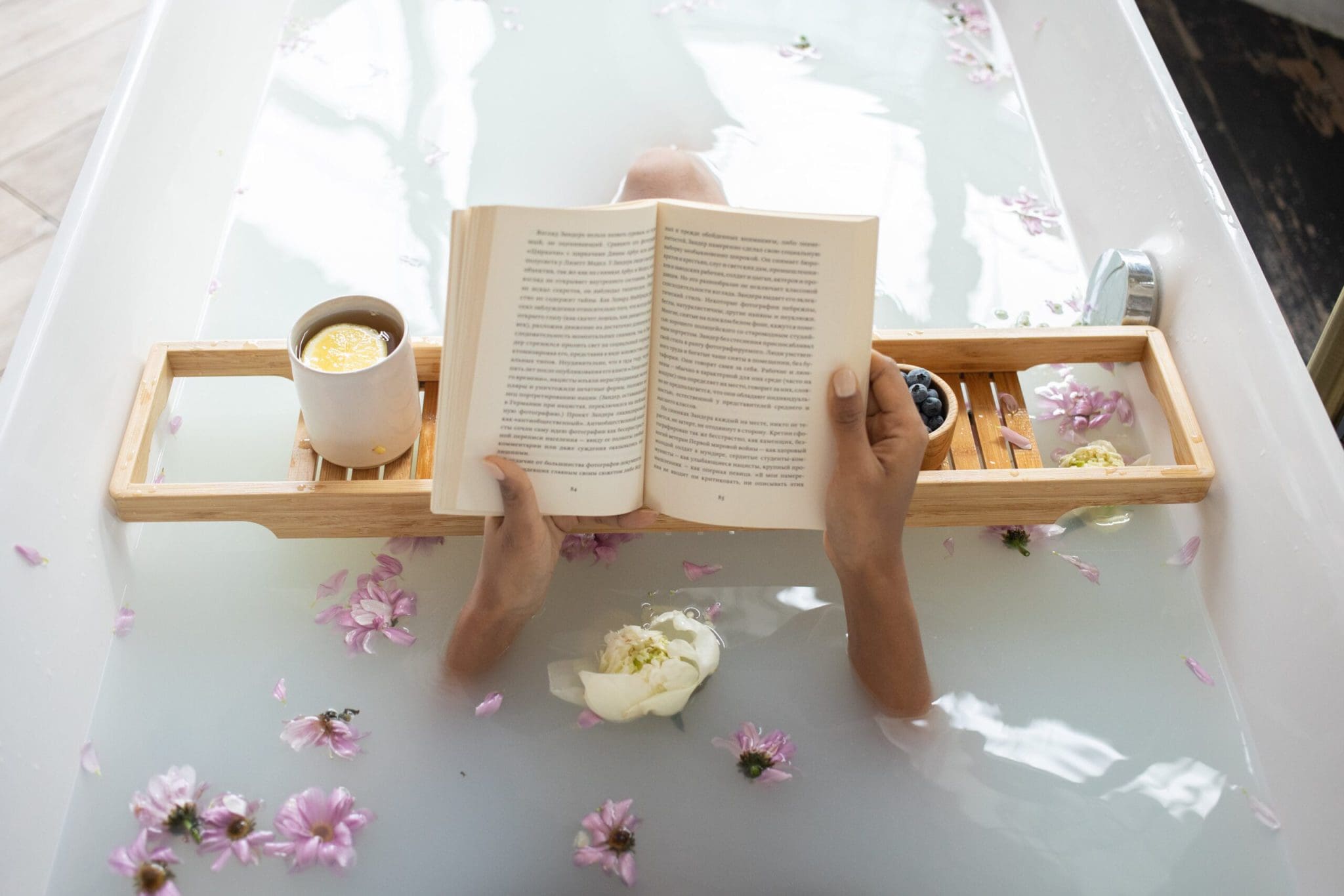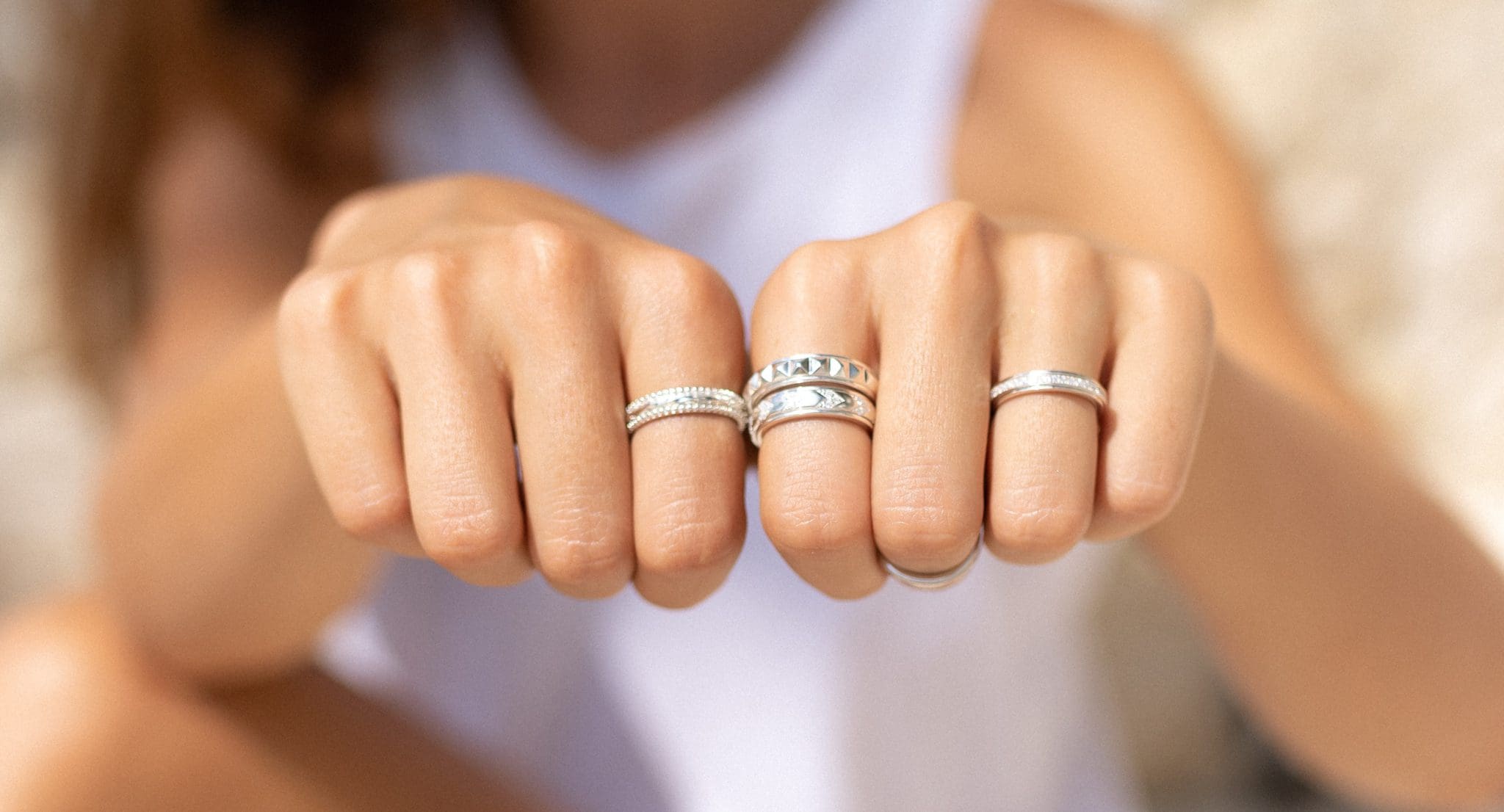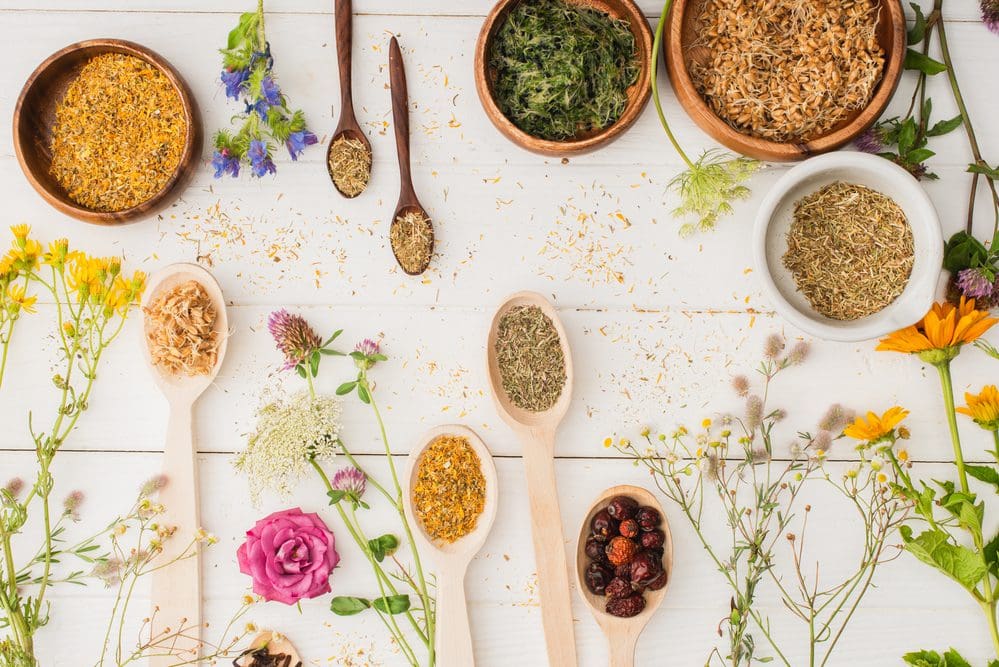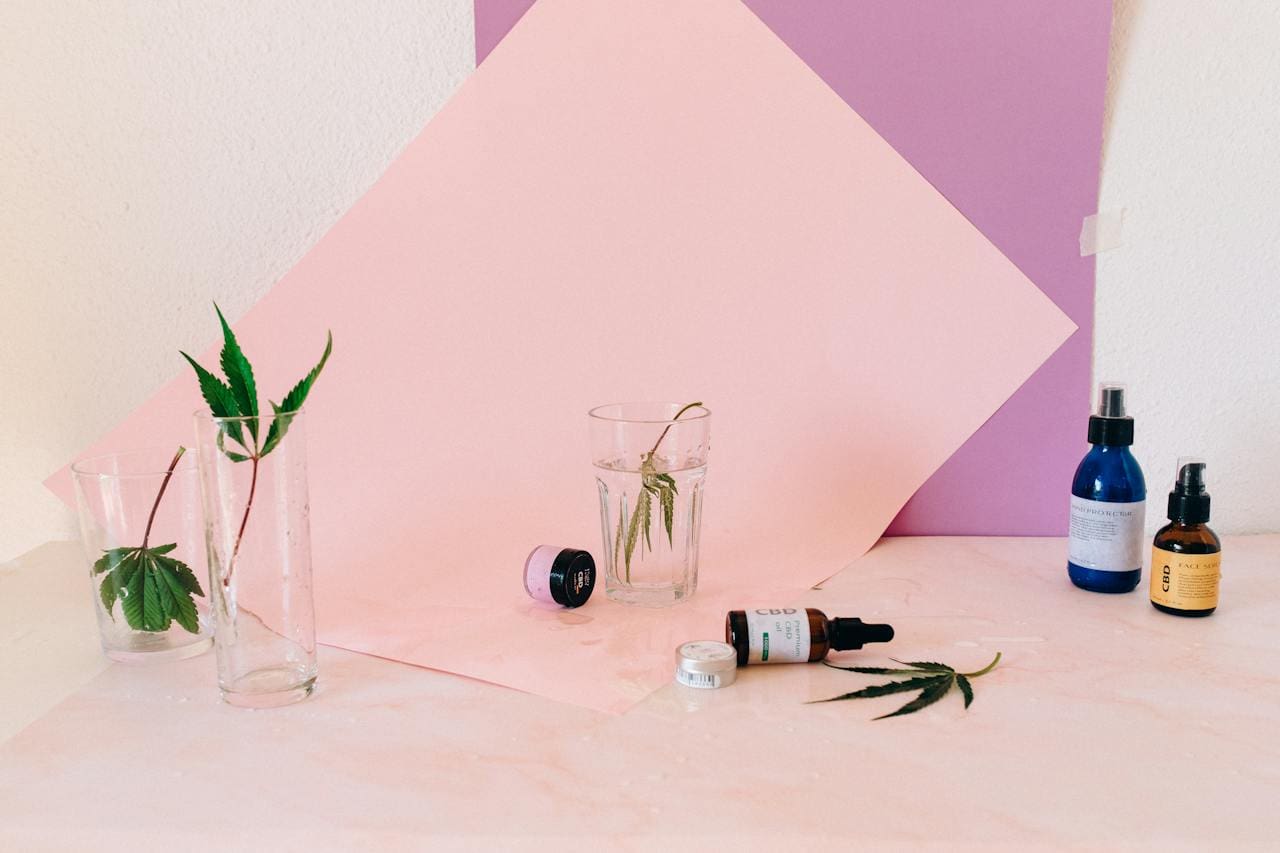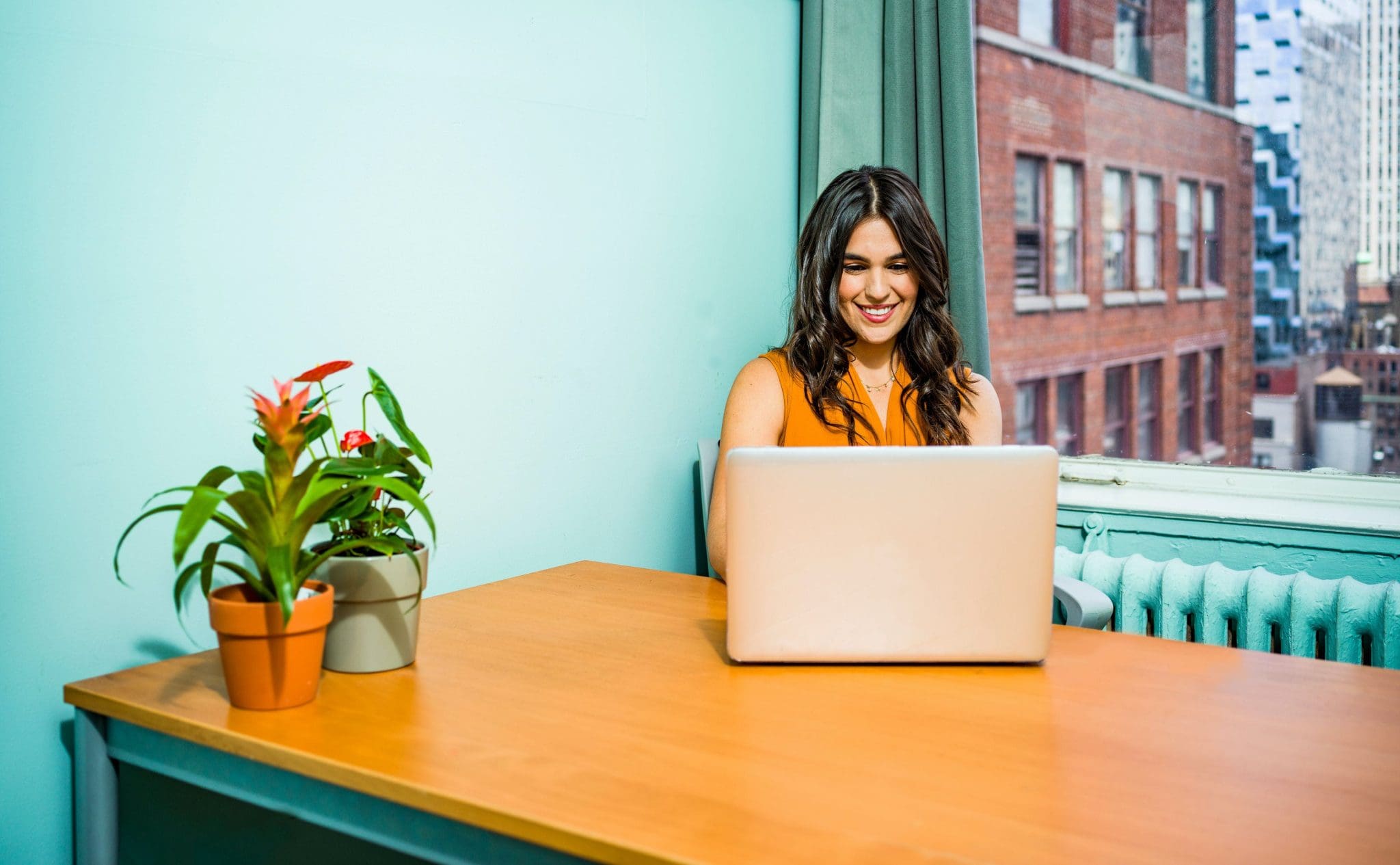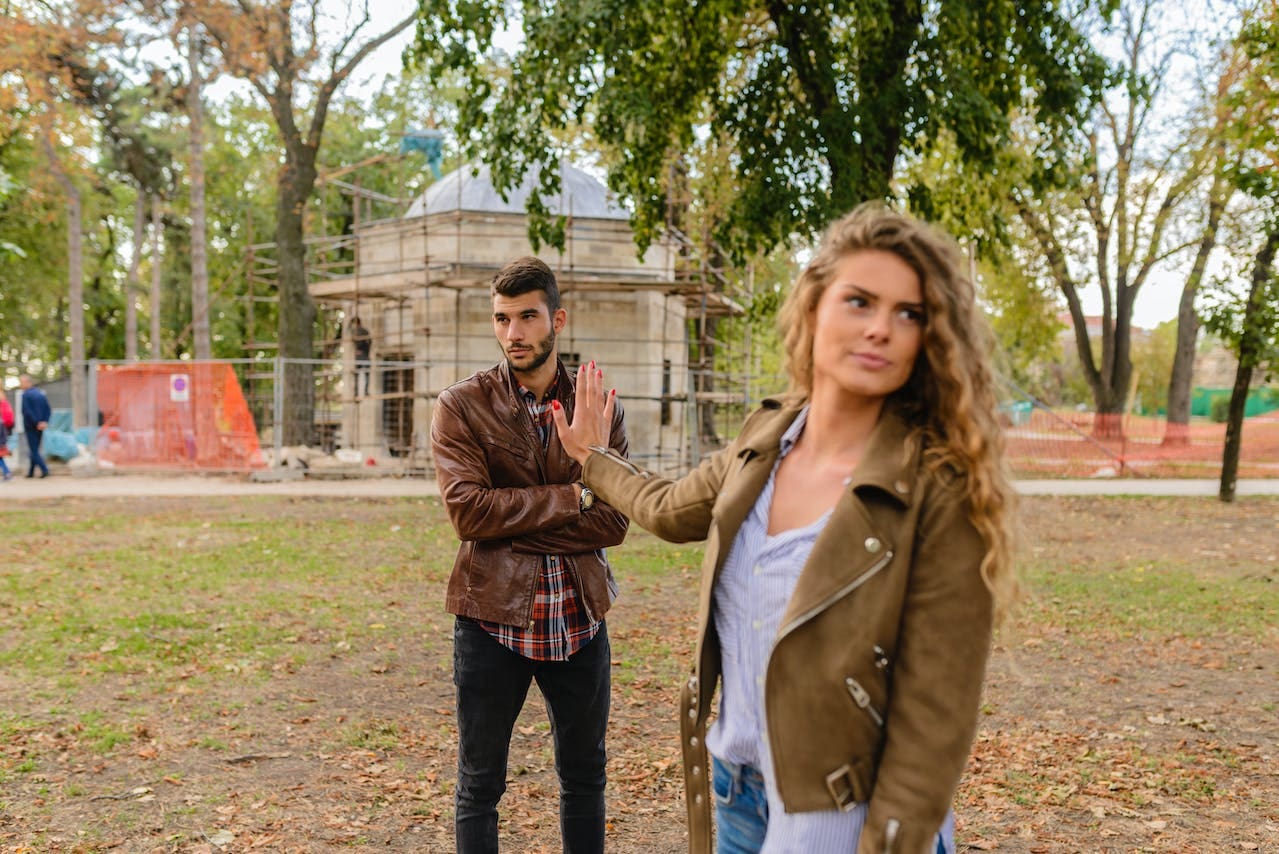Full Disclosure: Clicking on these links could mean a tiny commission for me, at no extra cost to you.
We all have ways of dealing with anxiety and the way in which we do that defines what our coping mechanism is. However, not all coping mechanisms for anxiety are positive ones and they can actually cause you more harm, anxiety and depression the longer you use them. But no need to panic, we’ve all used unhealthy coping mechanisms before. Being here is the first step to improving how you deal with anxiety because you’re taking initiative to gain knowledge and as the saying goes, knowledge is power.
What is a Coping Mechanism?
But what is a coping mechanism specifically? Coping mechanisms help us get through difficult situations. It’s what we do when faced with anxiety; how we respond when our anxiety spikes or we’re in a triggering situation. There are healthy and unhealthy coping mechanisms and some can even be addictive, particularly the unhealthy ones.
Typically, coping mechanisms can fall into two categories – maladaptive and adaptive.
Adaptive Coping Mechanisms
Adaptive strategies are positive ways to deal with the situations. It’s responding in a way that may be more difficult at first, but that is more beneficial for your health longterm.
Maladaptive Coping Mechanisms
Maldaptive strategies are those that increase stress or do more harm than good. It’s the type of coping mechanisms that can provide immediate relief but end up prolonging your anxiety or making it worse over time.
Why Are Unhealthy Coping Strategies Bad?
Unhealthy strategies for dealing with anxiety provide a false sense of safety and positivity. They actually make your anxiety worse and even depleting relationships and your own happiness as it limits your opportunities. Methods can be classified as unhealthy when they deplete or restrict your life, opportunity or happiness. For example, avoidance manifests into more anxiety and restrictions and excessive sleep takes away from the moments you can actually spend living your life.
Adaptive Vs. Maladaptive Strategies
Let’s say you’re really anxious about something. A maladaptive strategy would be to go out drinking to drown your anxiety. An adaptive strategy would be going for a walk, meditating, journaling, and so one. In other words, adaptive mechanisms are healthy and maladaptive are unhealthy coping mechanisms.
The Importance of Using Healthy Coping Mechanisms
Unhealthy coping strategies feel good at first as they provide immediate relief. For example, avoidance is one fo the most common (unhealthy) coping mechanisms for anxiety. By doing so, you feel good because you don’t have to face your anxiety and feel those terrible symptoms. Unfortunately, avoidance leads to more anxiety moving forward as you become more afraid of the very thing you’re avoiding. It can also jeopardize your relationships, happiness, job, etc.
By using healthy coping mechanisms for anxiety, you are able to live the life you want. You learn how to confidently do the things you want to do, even if they make you anxious, as you know you have the tools needed to deal with your anxiety in those situations. This gives you the confidence and power needed, as you know you can manage your anxiety whenever and wherever you go. As you continue to use healthy coping strategies, the very things that originally caused you anxiety become less scary. Thus, your anxiety also decreases in these situations and you begin to live more freely.
What Are Common Unhealthy Coping Mechanisms for Anxiety?
There are hundreds of coping strategies for anxiety. For the sake of keeping this article a reasonable length, I’ll be focusing on the most common ones that almost all of us can relate to. However, many of the coping methods mentioned today are also used to cope with other difficult situations, such as the loss of a loved one, depression, heartbreak, and so on. So, as you’re reading these common coping mechanisms, I want to think about how you’ve dealt with situations in your past. This will help you narrow in on what coping mechanisms you use for different situations. You may find that you grieve in one way and deal with anxiety in another.
Avoidance
The most common coping mechanism for anxiety is avoidance. It’s something we have all done at one point or another and it makes sense. Anxiety is our natural response to a fear or danger. It signals the flight or fight response and when faced with danger, flight or avoidance makes sense. However, most anxiety isn’t caused by a real threat. Instead, it’s caused by an irrational fear. So, although our initial response is to avoid, you have to recognize that there is no imminent threat and the feelings you’re experiencing are just that – feelings.
Avoidance can be done in many other ways. For example, you can avoid tasks and action or you can avoid situations.
Excessive Sleep
Sleep is a major factor for anxiety. It’s a symptom and it can be an unhealthy coping strategy, which makes it even more complicated. While there’s no denying anxiety is exhausting, it can result in excessive sleep as a symptom. However, it can also encourage you to use sleep as a way to deal with your anxiety. For example, if you sleep to avoid situations or suppress your feelings, this would be an unhealthy way of dealing with anxiety.
Smoking, Drugs and Alcohol
Before we dive into this unhealthy coping strategy, it’s important to recognize that just because you smoke or drink does not mean you are using it as a coping mechanism. It’s all about the way you smoke and drink; the reasons behind you doing so. For example, enjoying a glass of wine at the end of the day to relax and unwind isn’t a bad thing. However, if you’re downing a bottle because you need to escape reality, this is when it becomes unhealthy.
Now, these things are deemed as unhealthy when done in abundance. However, you’ll see that I didn’t mention that because when you’re using them to cope, any bit of it is bad. You can enjoy a drink but if you’re having that drink to avoid facing the issues causing you to feel a certain way, that’s the difference.
Excessive Caffeine
What is really surprising to me is that drinking can also relate to caffeine beverages, not just alcohol. We all know that person who drinks 10 cups of java in the morning and didn’t think much more about it other than the fact that they like coffee. And maybe they do. However, some people use excessive caffeine as a coping mechanism, which isn’t healthy. Perhaps they were up all night with their anxiety stirring as they refused to sleep due to a trigger and use caffeine the next day to cope. This would be an unhealthy way of dealing with anxiety.
Mind you, drinking 10 cups of coffee regardless isn’t ideal for your health either. And because we are talking about anxiety, this is definitely a coping mechanisms that is going to cause more stress because caffeine is a stimulate and can make you feel more anxious. Like a drug, it can also come with a crash that leaves you feeling pretty lousy.
Running Away/Escaping
Here is a negative coping mechanism I can relate to that I didn’t know was unhealthy and I’m not 100% sure if I agree. Running away, such as seeking immediate escape from a situation is deemed as unhealthy because it provides immediate relief but heightens anxiety the more you do it. And I agree with that. It is unhealthy if you constantly run away without action. However, this can also be a huge stepping stone for overcoming your anxiety as long as it’s combined with progressive actions. For example, you go into a restaurant, you leave, you go back and sit down, you leave – but you were able to sit down, you go in and sit down and eat run out, you still were able to go and eat and make progress. So, it really depends on whether you’re using this as an actionable step or as a go-to.
Mind you, I do find relief in knowing that I can always leave a situation if I have to. I don’t know how I feel about having a lingering “but if you do, it’s an unhealthy coping mechanism” following. So, definitely base this one on the situation.
Promiscuous Behaviour
There are many situations where people use promiscuous behaviour to create a false sense of love, want, care, affection. This is when you seek the attention of others to validate your own worth or feelings. A common way to tell if this is something you’re dealing with is to think about how you feel when you get rejected or are alone. In a lot of cases where promiscuous behaviour is used as a coping method, when you are not getting that physical attention, you feel like you are not loved, worthy of being loved, attractive, etc. This is an unhealthy coping mechanism for other reasons than the emotional and mental affects it can have on your health.
What Are Healthy Coping Strategies for Anxiety?
But now what? It’s time to learn some healthy coping mechanisms for anxiety, so you can swap them in to replace the unhealthy methods. There are an abundance of effective healthy coping strategies to choose from and to get you started, I’ve listed some of the easiest ones to do.
- Taking a time-out
- Limiting alcohol and caffeine
- Quitting drugs and smoking
- Getting enough sleep… But not too much
- Taking deep breaths
- Meditating
- Grounding exercises
- Eating a balanced diet
- Journaling
- Therapy or counselling (Highly recommend BetterHelp!)
All of these things are what you learn how to do with Anxiety Gone. Our Anxiety Gone Instagram provides incredible coping methods for anxiety daily. Our online shop has all types of anxiety tools and relaxation items to help you stay calm. We also ship out quarterly packages of anxiety relief products, coping mechanisms, techniques and self help. This is the best way to learn new healthy coping mechanisms for anxiety, as you get over $100 value of product for only $48 when you subscribe.
If you’re still trying to figure out, ask yourself, “Is this helpful? Does it help me now and in the future or just now? Or just in the future?”
This blog post is sponsored by BetterHelp, but all opinions are my own. I may receive compensation from BetterHelp or other sources if you purchase products or services through the links provided on this page.












